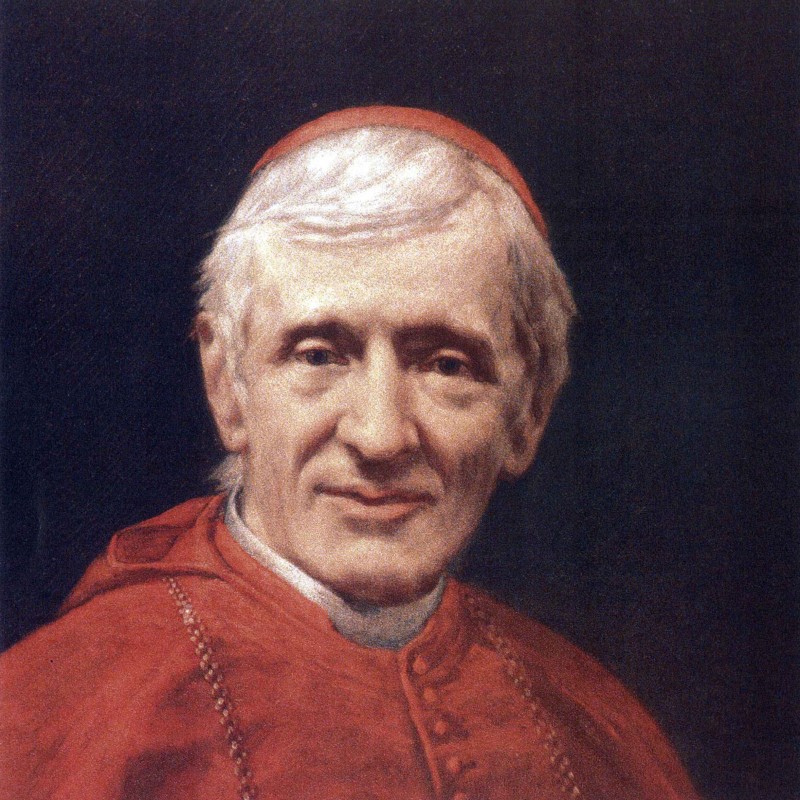There is a marvelous ten-dollar phrase from the psychological profession called “cognitive dissonance.” It refers to the discomfort people feel when some new information just received challenges a deeply held belief, and the reaction they have to that: they either have to dismiss or ignore the new information (sometimes easy to do) or adjust their belief to match that new information (that’s typically much harder). For those Mass-goers who are attentively listening to the Gospels of Advent (especially the ones from the First Sunday) – there just might be some serious cognitive dissonance.
We have been culturally trained for a long time to treat the Advent season as a pre-celebration of Christmas: the minute the Thanksgiving dinner leftovers are put away, we jump right into Christmas shopping, decorating, baking, light-hanging, playing Christmas music and so on. During that time, we are expected to adopt anything but a contemplative or vigilant tone. Instead, we are told that we need to “get into the Christmas spirit” (a term that has almost no roots in the Christian faith) – of feeling good about ourselves and our neighbors, and maybe throwing in a few (short-lived) charitable activities for good measure.
By contrast, the Advent Gospels always take a sober and warning tone – even (by modern standards) a harsh or somewhat frightening one. This year, we read Luke 21:25ff. Some years we read Mark 13:33ff. “Take heed! Watch and pray! For you don’t know when the hour will come!” -or- (today’s Gospel) “Beware that your hearts do not become drowsy with carousing and drunkenness… and that day [of Christ’s coming] catch you like a trap … pray that you have the strength … to stand before the Son of Man.”
So we priests and pastors are called to the prophetic role of reminding the faithful what the Advent season is really about and leading their flocks to take advantage of the graces of the Advent season (especially confession—that’s why I always have extended confession hours throughout this season). It’s not that priests are “killjoys” who hate to see people having fun (like the odious cartoon character from the Dr. Seuss book, The Grinch Who Stole Christmas). Rather, it is that they think with the Church – remembering that it is critically important that every Christian devote time to spiritual preparation and “watching” for the second coming of Christ. Christ Himself warns us that if we don’t, when He does come again, our spiritual senses will be so dulled by the world, that we will not be ready, able and strong enough to be united with Him in Heaven, and so face our judgment at the end of our all-too-short and fleeting life on earth with the terrifying prospect of having a love for Christ which we have so watered down as to dissolve that relationship altogether. This spirit of watchfulness (unlike the “Christmas spirit”) can and should be practiced year-round, but the Church in her wisdom knows that it is hard to maintain that in season and out. So she sets aside a short time for us intensely to renew our watchfulness together in our Christian communities: the Advent season. Truth be told, if we don’t do it during the Advent season, we probably won’t do it at all.
I enjoy reading the sermons of the great Catholic convert, St. John Henry Newman. This 19th century Englishman was a literary genius and a very holy man. They are a little hard to read, because by today’s standards, they are long and exhibit a style alternating between flowery and hit-you-right-between-the-eyes bluntness which many find a bit startling. But they are well worth praying over.
Newman has a thoughtful reflection on the difference between Christians who do “watch” for Christ to come again, and those who don’t – even if they appear to be religious on the outside. Here are some excerpts. (You can read the whole sermon at https://www.newmanreader.org/works/parochial/volume1/sermon22.html )
We are not simply to believe… to love …[and] to obey Christ, but to watch; to watch for what? for that great event, Christ’s coming… Now what is watching?
Do you know the feeling in matters of this life, of expecting a friend… to come, and he delays? … to be in unpleasant company, and to wish for the time to pass away, and the hour strike when you may be [free]? Do you know what it is to be in anxiety lest something should happen which may happen or may not, or to be in suspense about some important event, which makes your heart beat when you are reminded of it, and of which you think the first thing in the morning? Do you know what it is to have a friend in a [foreign] country, to expect news of him, and to wonder from day to day what he is now doing, and whether he is well…. To watch for Christ is a feeling such as all these….
He watches for Christ who has a sensitive, eager, apprehensive mind; who is awake, alive, quick-sighted, zealous in seeking and honoring Him; who looks out for Him in all that happens, and who would not be surprised, who would not be over-agitated or overwhelmed, if he found that He was coming at once.
In other words, we need to train ourselves to live as if it matters that Jesus Christ is coming again and that we would have no regrets if in fact He does come tomorrow. If we do not think – and pray – constantly about what we need to change or get in order to prepare for the coming of Christ, we are putting ourselves at grave spiritual risk.
Next week, more words from Newman on the obstacles to making that so.
